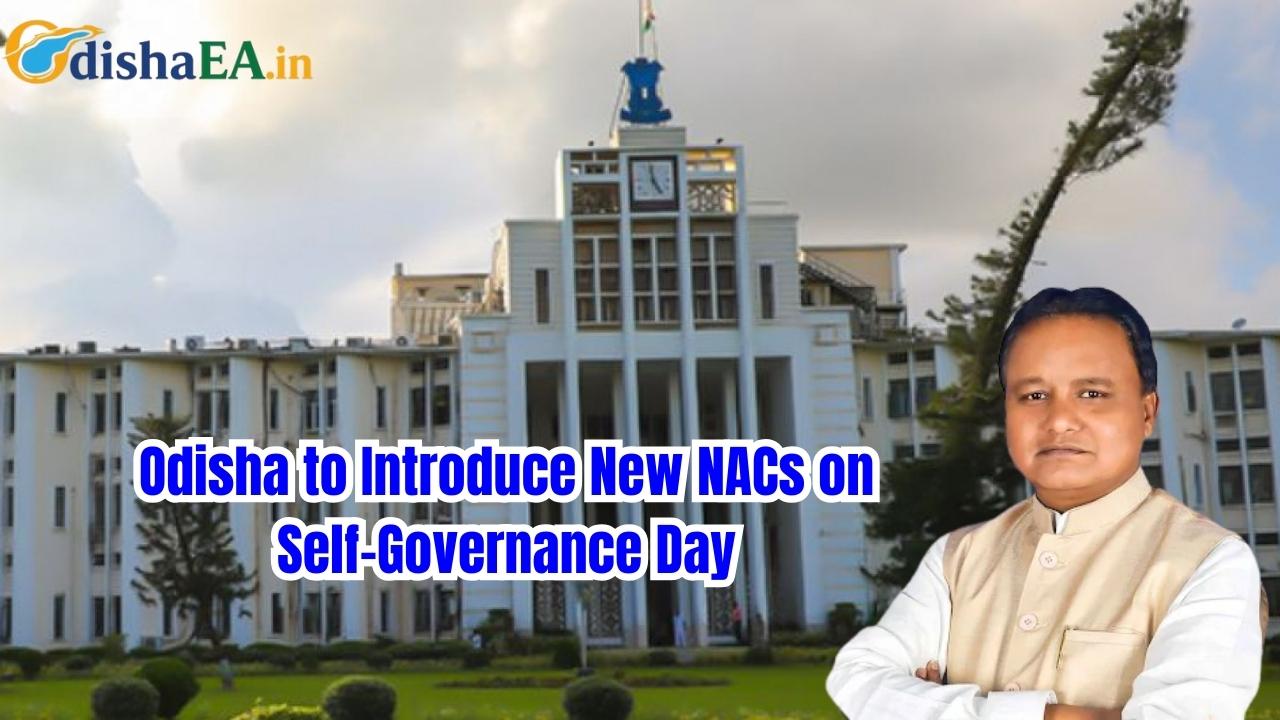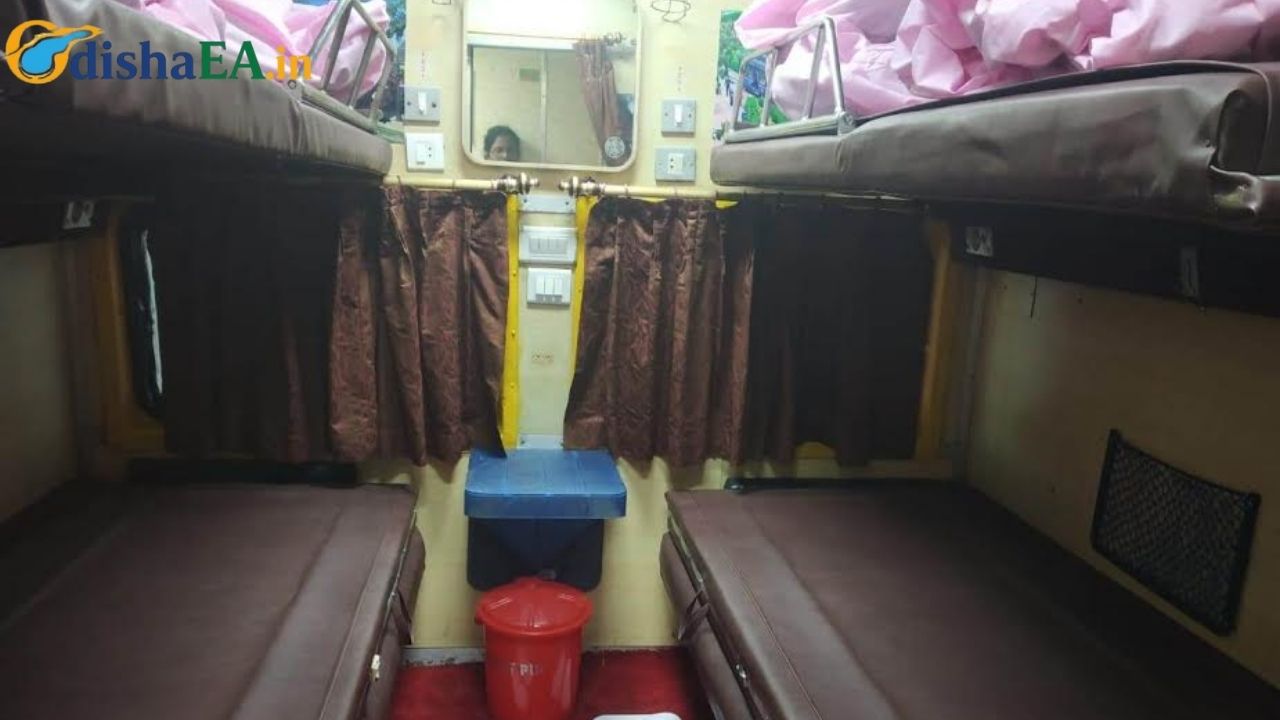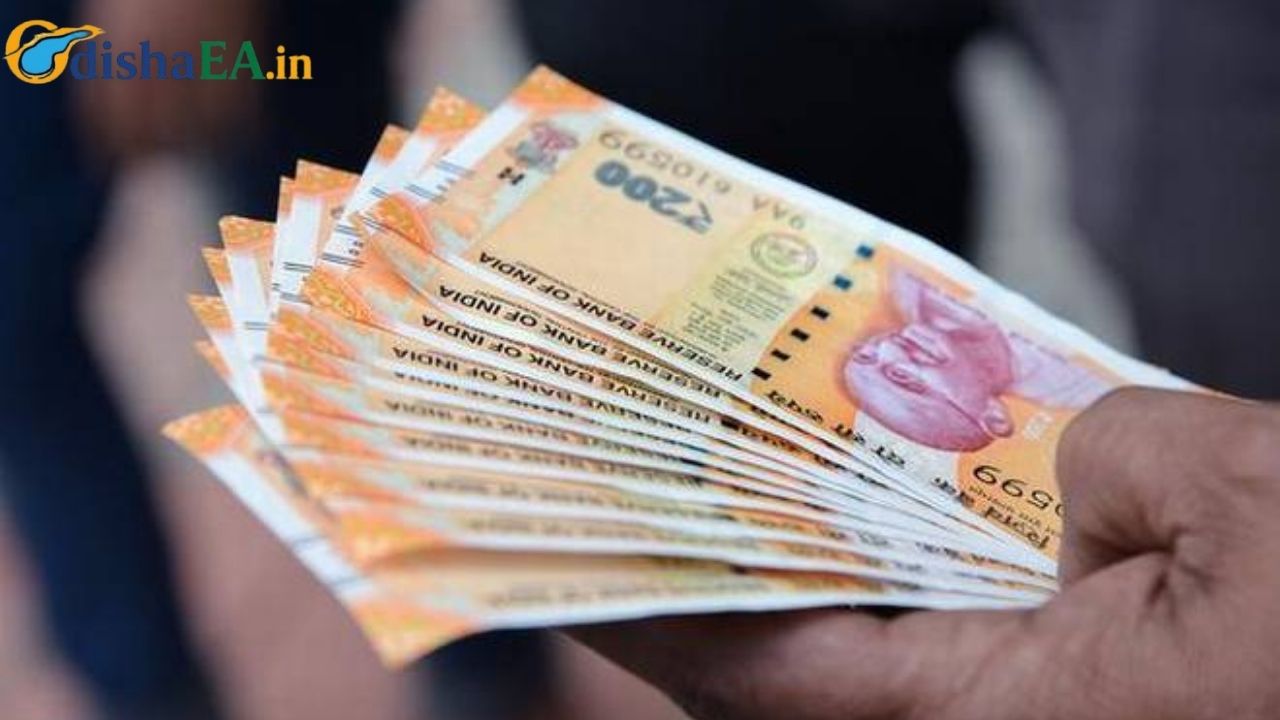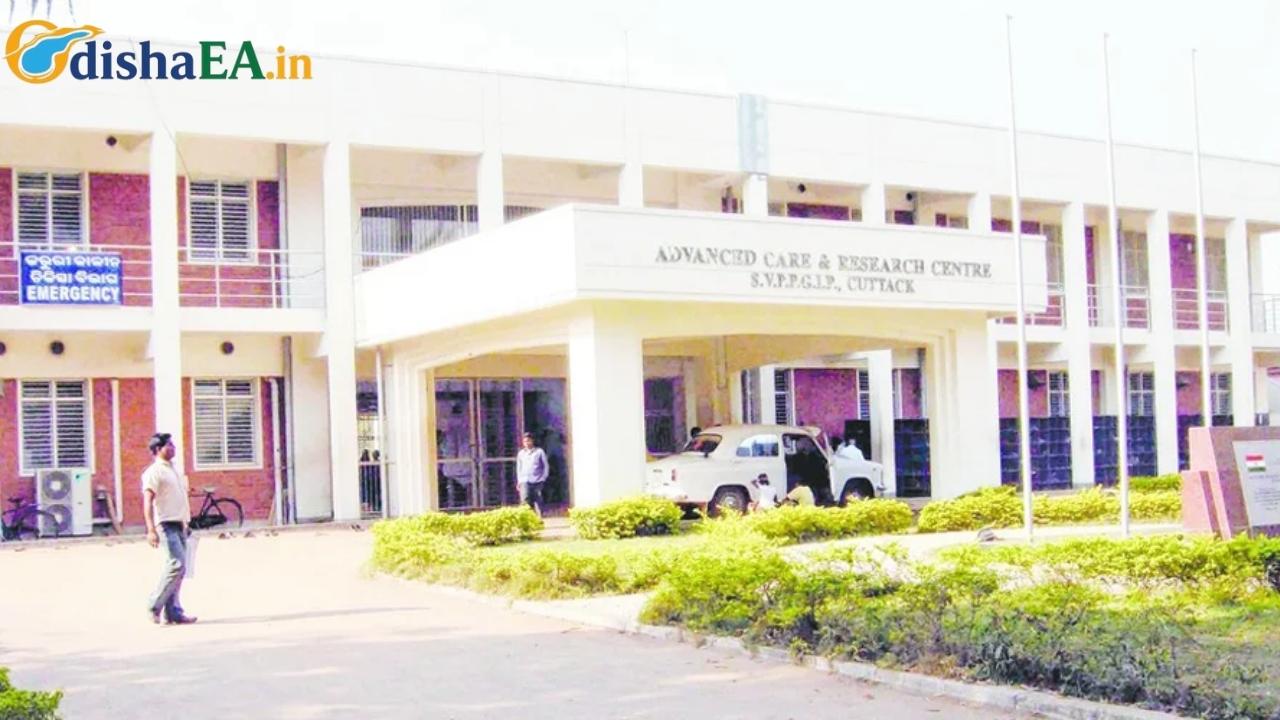When news broke that the Balikuda Block Development Officer (BDO) had been accused of misconduct by local leaders in Jagatsinghpur district, Odisha, it quickly sparked conversations across the region. The allegations—centered on unilateral decision-making, disrespectful behavior, and lack of transparency—are a big deal, not only for the small villages directly impacted but also for the broader conversation about governance and accountability in India’s grassroots development programs.
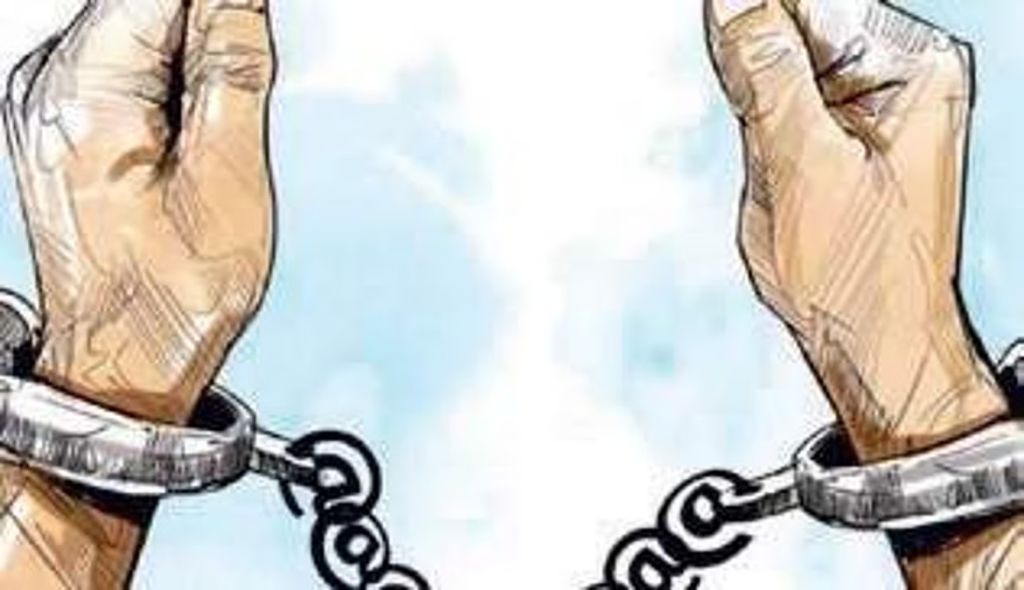
If you’re wondering what all this means, don’t worry—we’re about to break it down in plain English. Think of it like this: imagine your local school board or city council making decisions without asking the community, then shrugging off concerns with attitude. That’s the gist of what the local leaders are accusing the BDO of doing.
Balikuda Block Development Officer Accused
| Point | Details |
|---|---|
| Who’s involved? | Balikuda Block Development Officer (BDO), Sarpanches, Panchayat Samiti members, and local leaders. |
| Allegations | Misconduct, unilateral selection of agencies for development work, disrespectful behavior toward elected representatives. |
| Program in question | Bikashita Gaon Bikashita Odisha—a rural development initiative by the Odisha government. |
| Community reaction | Formal complaint filed with Jagatsinghpur District Collector; threat of protests if unresolved. |
| Next steps | Leaders plan agitation on August 29, 2025, if no action is taken. |
| Official reference | Odisha Government Rural Development Programs |
The Balikuda Block Development Officer misconduct case isn’t just about one officer or one village. It shines a light on the larger challenges of balancing power between bureaucrats and elected leaders in India’s grassroots democracy.
At the heart of it, the lesson is simple: respect, transparency, and accountability are non-negotiable in governance. Whether in Balikuda or Brooklyn, when leaders forget this, communities lose trust—and rebuilding that trust is no easy task.
What’s Going On in Balikuda?
The controversy started when the Balikuda BDO allegedly picked an agency for local development projects without consulting elected village leaders like sarpanches (village heads) or Panchayat Samiti members. These projects fall under the “Bikashita Gaon Bikashita Odisha” scheme—a program meant to ensure rural communities get better infrastructure, sanitation, and livelihood support.
Local leaders claim they were not only ignored but also talked down to when they tried to raise questions. According to multiple accounts, the BDO told them his decisions were final and even used harsh language when pressed for explanations.
This might sound like small-town politics, but it actually represents a much bigger issue: the relationship between government officers and elected representatives.
Why This Matters: The Bigger Picture
For folks in the U.S., this would be like if a city manager pushed through big construction contracts without informing the city council, then brushed off council members when they asked questions. It’s a recipe for mistrust and bad governance.
In India, the Panchayati Raj system is designed so that local leaders have a say in development decisions. When a BDO (a state-appointed bureaucrat) bypasses them, it undermines the whole system.
And here’s the kicker: these kinds of disputes aren’t rare. In fact, the Association for Democratic Reforms (ADR) has reported that more than 40% of rural development disputes in India stem from conflicts between bureaucrats and elected representatives.
Voices from the Ground
Here’s what some of the leaders said:
- Supriya Das (Sarpanch, Tandipur Panchayat): “We just wanted to be informed. Instead, we were accused and insulted.”
- Prakash Pradhan (Chairman, Balikuda Panchayat Samiti): “The BDO picked the agency without telling us. When questioned, he said his JE (Junior Engineer) would get arrested and misbehaved with us.”
- Prashant Barik (President, District Sarpanch Sangh): “We went to ensure smooth development. Instead, we were mistreated. If this continues, we’ll protest on August 29.”
A Quick Guide: How Development Projects Should Work
To make sense of this, let’s break down the normal process for rural projects in Odisha (and much of India):
Step 1: Planning
Local panchayats (village councils) identify community needs—like roads, drinking water, or school repairs.
Step 2: Consultation
The Panchayat Samiti (block-level council) meets with the BDO and other officials to finalize agencies and budgets.
Step 3: Implementation
Contractors or NGOs are selected transparently, with elected leaders kept in the loop.
Step 4: Monitoring
Community leaders monitor the work and report issues.
When steps are skipped—like the alleged agency selection in Balikuda—it creates distrust and often leads to stalled projects.
Practical Lessons (Yes, Even for Us in the U.S.)
Now, you might be thinking: “Cool story, but why should I care?” Well, there are lessons here that apply anywhere:
- Transparency is everything. Whether you’re running a small-town council in Kansas or a village in Odisha, decisions should be explained to stakeholders.
- Respect matters. Leaders (elected or appointed) set the tone. Dismissing others erodes trust faster than anything.
- Community oversight works. Studies show that projects with strong citizen monitoring are 25% more efficient.
So whether you’re building a road in Ohio or a sanitation unit in Balikuda, these principles hold true.
What Happens Next?
As of now, the ball is in the court of the Jagatsinghpur District Collector, who received a formal complaint from the leaders. If no action is taken, protests are scheduled for August 29, 2025.
Possible outcomes:
- The Collector calls for an inquiry and, if the allegations are proven, takes disciplinary action.
- The issue gets politically charged, with state-level leaders stepping in.
- Or, worst case, the complaints get ignored and the protests escalate.
Building a Resilient Goat Farming Ecosystem: Odisha’s Vision for the Future
Odisha’s Weather Update: Fresh Low-Pressure System to Bring Additional Downpours
Odisha Enters Major Partnership with IIT and Buddhist Foundation to Drive Tourism
FAQs
Q1: What is the role of a BDO in India?
A BDO (Block Development Officer) is a state-appointed bureaucrat responsible for overseeing rural development programs at the block (sub-district) level.
Q2: What does a Panchayat Samiti do?
It’s a block-level council made up of elected representatives. They act as a bridge between village panchayats and district administration.
Q3: What’s the Bikashita Gaon Bikashita Odisha scheme?
It’s a flagship Odisha government program aimed at developing rural areas through better roads, schools, sanitation, and livelihood support.
Q4: Are such conflicts common?
Yes. Reports from civil society groups show bureaucrat-village leader conflicts are one of the top three challenges in India’s rural development system.
Q5: What can citizens do?
Stay informed, attend Gram Sabha (village meetings), and demand transparency in local projects. In the U.S., this is similar to attending city hall meetings or school board hearings.


